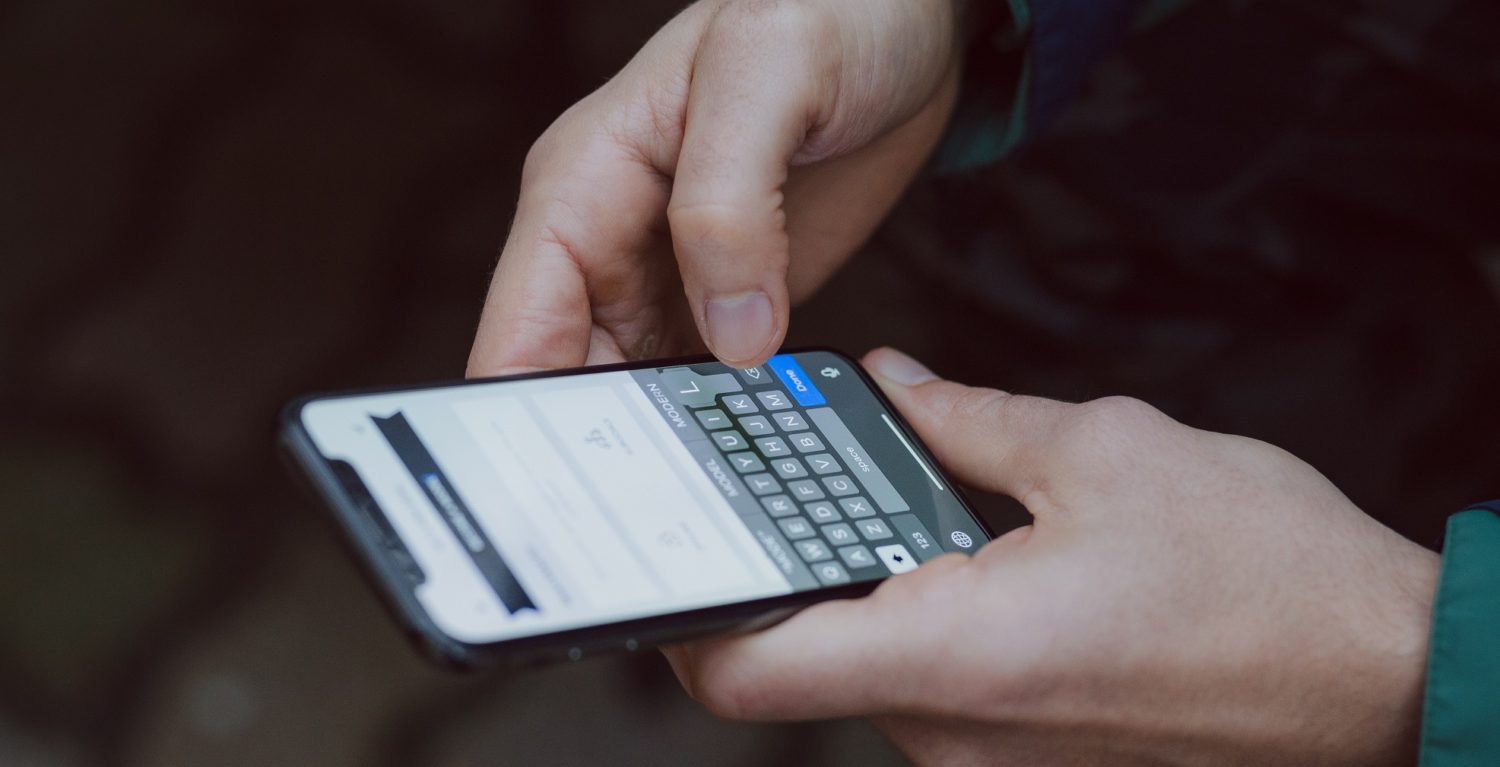Out of hand
It is only a matter of time before the quality - and even safety - of patient care is compromised by GP apps, writes Dr Martin Edobor.
Whether it’s booking a cab, finding a date or bringing groceries to our door, countless tasks can now be completed in a few swipes of our smartphone. But one industry that has been largely untouched by digital disruption – until now – is the process of seeing a medical professional.
GPs are the gateway to the NHS, with slots to see them very much in person. As a GP myself, I believe there is something unique and special about visiting the doctor. When a patient walks through the door into my surgery, it is an intimate discussion in a safe space, where they are more than just a name on a screen. A special bond forms as they tell me what’s on their mind, and sometimes it is the most subtle piece of body language or visual cue that helps me to help them.
But a new player wants to make the in-demand, on demand. The ‘GP at Hand’ service, from private digital health provider, Babylon Health, poses an existential threat to the traditional model of primary healthcare in the UK. Based in Fulham, the service offers twenty-four hour access to an NHS GP via video consultations, and all via an app. Some people will love it, but I fear it’s only a matter of time before the quality – and even safety – of patient care is sacrificed on the altar of convenience and simplicity. I believe requesting antibiotics should not be as easy as ordering an Uber.
Our health secretary, Matt Hancock, is a patient of GP at Hand. He has endorsed the app and recently told the Evening Standard that ’technology can be a great fixer for the NHS’. Hancock believes GP at Hand is not only innovative, but a potential benevolent force for good, that can improve patient outcomes and free up clinicians to focus on other areas.
But the rise of apps such as GP at Hand has received a more cautious welcome from many medical professionals. Rachel Clarke, a psychiatrist and leading NHS campaigner, argues that there is no conclusive evidence that this new video-consulting technology can deliver the promised benefits of improved patient outcomes, increased clinical efficiency and money saved for our NHS. Clinicians have three main concerns:
1: Buyer’s remorse
When patients register with the app, they also automatically deregister from their community GP, and become patients of Babylon Health. Hence, by swiping right on GP at Hand, funding and resources flow away from GP practices.
While it is admittedly flagged up to patients signing up to the app that you deregister from your current GP practice, many of the apps users seem to be blissfully unaware that they are saying goodbye to their family GP practice of several years’ standing. We have experienced numerous examples of irate patients coming to our GP practice in east London, only to be told that they’re no longer registered with us. We have to tell them: “You have to choose, it’s them or us”.
In a world where the ability to register with a community GP is becoming more difficult – for instance near modern housing developments, which are often approved without the appropriate boost in local amenities and infrastructure – signing up to an app like this could be an expensive mistake for those not fully aware of the consequences.
This is also problematic since the patients judged to need more pressing treatment will be offered a face-to-face consultation. However, these often take place several miles away from patients’ home addresses … a stroll around the corner to your friendly local GP this is not.
2: The cherry-picking of young, fit and healthy patients
When it approved the launch of GP at Hand, the NHS Hammersmith & Fulham Clinical Commissioning Group (CCG) placed clinical restrictions around which patients would be allowed to register. Those excluded from this brave new world of smartphone healthcare include the frail, the elderly, pregnant women, and those with complex mental health problems, to list but a few. These groups make up a large section of the patient population. Many argue that, as a result, GP at Hand is taking resources away from local practices that valiantly care for older, more complex, and chronically ill patients. It’s a bit like telling Google they’ve got permission to launch a self-driving car, but only if it drives exclusively on motorways.
3: Unclear funding streams
Currently, Fulham CCG funds the physical GP practice in west London that has partnered with Babylon Health. However, as GP at Hand is a pan-London app, its rapidly-expanding patient list has quickly increased the CCG’s costs. Fulham has since asked other London CCGs to meet the cost of digital GP practices, by providing funding for their residents. It’s an example of technology progressing before the vital structures and policies are in place.
Patiently consuming healthcare: can we have our cake and eat it?
Yet with all this acknowledged, as a medical professional, I can’t simply dismiss the potential benefits that new video-consultation technology brings. In one sense, it is welcome competition. I have already sat in numerous meetings where colleagues and I have discussed how best to incorporate video (and telephone) consulting within our current systems – and improve access and patient experience within the NHS.
But I think we also have to ask a deeper question: should patients really be treated like consumers, with the NHS acting more like a technology firm? Is it right to shift the focus and responsibility from NHS-wide systems, towards patient experience and the individual? If this is the vision proposed by Matt Hancock and this Conservative government, then it is one I fundamentally oppose.
While I believe in informed patients exercising a degree of choice in their treatment, let’s not forget that the NHS is publicly funded. It has a moral and legal duty to place patient safety, evidence and outcomes above expediency. As Labour, we should never dismiss innovative technologies out of hand. But let’s instead develop an approach that scrutinises and regulates markets, where patient safety – and indeed improved public value – is on the line. Let’s help nurture the winners.
So unless you’re one of those lucky ‘cherries’ in the Babylon system – young, prosperous, and with no underlying health problems – then I propose we pick a more rounded model. I propose that rather than fully embracing the GP at Hand approach, the NHS should take the best aspects of the technology, run the appropriate pilots and assess the evidence. It should then launch a twenty-first century GP practice model that’s more responsive, personal and convenient- while retaining that vital local link and human touch.
That’s a healthcare future worth swiping – and fighting – for.

